The prejudice that service is just "manual work" makes it difficult for many restaurants and eateries in Ho Chi Minh City to build a professional staff.
At the discussion on the morning of June 15, jointly organized by the Department of Tourism and the Ho Chi Minh City Culinary Association, restaurants all affirmed that Michelin brings opportunities to attract international visitors and elevate Vietnamese cuisine on the world map. However, many people in the industry admit that they are facing a shortage of professional service personnel to meet the standards set by Michelin.
Ms. Pham Thanh Hoa, owner of Bep Me In, shared that most high-end restaurants and popular eateries in Ho Chi Minh City have a common concern that their employees do not stay long in their jobs. Ms. Hoa believes that many employees in the restaurant industry still hold the notion that service jobs are manual jobs, especially employees at popular eateries.
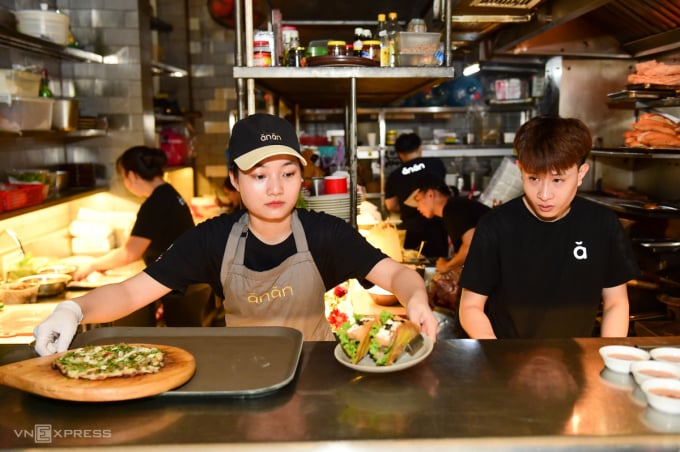
Kitchen staff work in the first restaurant in Ho Chi Minh City to receive a Michelin star. Photo: Thanh Tung.
High-quality personnel trained in culinary schools often choose to work for 5-star hotels and restaurant chains with clear career orientation. Therefore, the path for popular restaurants to move towards professionalism in service is still thorny.
"Small and medium-sized enterprises have to accept employees with limited professionalism and train new workers based on their existing strengths of hospitality and friendliness. However, after a period of practical work, employees who have learned how to serve professionally leave the restaurant to find a higher-level environment such as a 5-star hotel or high-end restaurant," said Ms. Hoa.
Sharing the same concern, the manager of TRE Dining restaurant said that the service staff at restaurants and eateries in Vietnam in general is still weak in both quantity and quality. Many people see serving customers as a short-term job to make money, not a long-term career.
Ms. Thanh Hoa gave an example of restaurants in France or Switzerland, where the cost of operating a staff is very high, so each restaurant only has a few waiters, but they are "professional in every detail". A space serving 30 guests has only two people, but the dishes are always served on time, observing every gesture of the guests. On the contrary, a restaurant in Vietnam serving 30-60 guests has "dozens of staff running back and forth" but is ineffective and "clumsy when handling situations".
Mr. Luu Nhat Tuan, Vice President of the Ho Chi Minh City Culinary Association, said that the Vietnamese culinary industry is mainly formed by small and medium-sized businesses. Currently, very few restaurants in this segment have a system to control and train staff. This leads to poor quality of customer service.
However, Mr. Tuan is optimistic that the shortage of professional personnel will not have too negative an impact on the entire industry. In Ho Chi Minh City, although many personnel lack formal skills, they have a warm service attitude. This plus point can be the basis for learning the service style of restaurants and eateries in Thailand.
Mr. Tuan shared that the culinary scene in the land of the Golden Temple has many similarities with Vietnam, as this country is famous for its street food. Small vendors are not formally trained in culinary schools, but customers coming to Thailand are still attracted to the popular eateries because of their service attitude. They always smile, are ready to meet customers' requests, and always say hello when customers arrive and goodbye when they leave.
"Attitude makes up for service skills. How can a street food stall demand the same professionalism as a high-class restaurant?" Mr. Tuan expressed.
In addition to building on existing strengths, the restaurant service industry still needs changes to retain employees and help workers re-evaluate the industry's position.
The Vice President of the Ho Chi Minh City Culinary Association said that in order to improve the quality of human resources, the top goal in the coming time is to continuously organize training sessions and seminars aimed at employees working in the culinary industry, especially those working in service positions. Here, there will be experienced chefs and restaurant managers sharing their experiences and professional skills.
From the perspective of restaurant management and business, Ms. Thanh Hoa believes that it is necessary to expand the positioning of the service industry, so that restaurant staff feel that their professional status is recognized equally with other professions.
Next, SMEs should provide employees with a clear career path to retain them and a training environment that focuses more on practice.
"If we can do the above, I think that restaurant service staff will consider the job they are doing a career worth investing time in learning and developing," said the owner of Bep Me In.
Faced with current opportunities and difficulties, Ms. Nguyen Thi Anh Hoa, Director of the Ho Chi Minh City Department of Tourism, said that the city is implementing a plan to train and develop professional human resources. The Department is finalizing a draft to submit to the Ho Chi Minh City People's Council a plan to support funding for training staff for small and medium-sized restaurants to improve human resources.
In addition, the Department of Tourism is coordinating with the city's Department of Industry and Trade and the food safety management board to complete a set of criteria to evaluate restaurants and eateries in the area according to standards from 1 star to 5 stars.
"The whole country does not have its own set of standards to evaluate restaurants. Ho Chi Minh City will pilot and approach international standards. In the future, not only will there be 55 restaurants on the Michelin list, but many more restaurants and eateries will have the opportunity to be selected," Ms. Hoa emphasized.
Bich Phuong
Source link




![[UPDATE] April 30th parade rehearsal on Le Duan street in front of Independence Palace](https://vstatic.vietnam.vn/vietnam/resource/IMAGE/2025/4/18/8f2604c6bc5648d4b918bd6867d08396)

![[Photo] Prime Minister Pham Minh Chinh receives Mr. Jefferey Perlman, CEO of Warburg Pincus Group (USA)](https://vstatic.vietnam.vn/vietnam/resource/IMAGE/2025/4/18/c37781eeb50342f09d8fe6841db2426c)

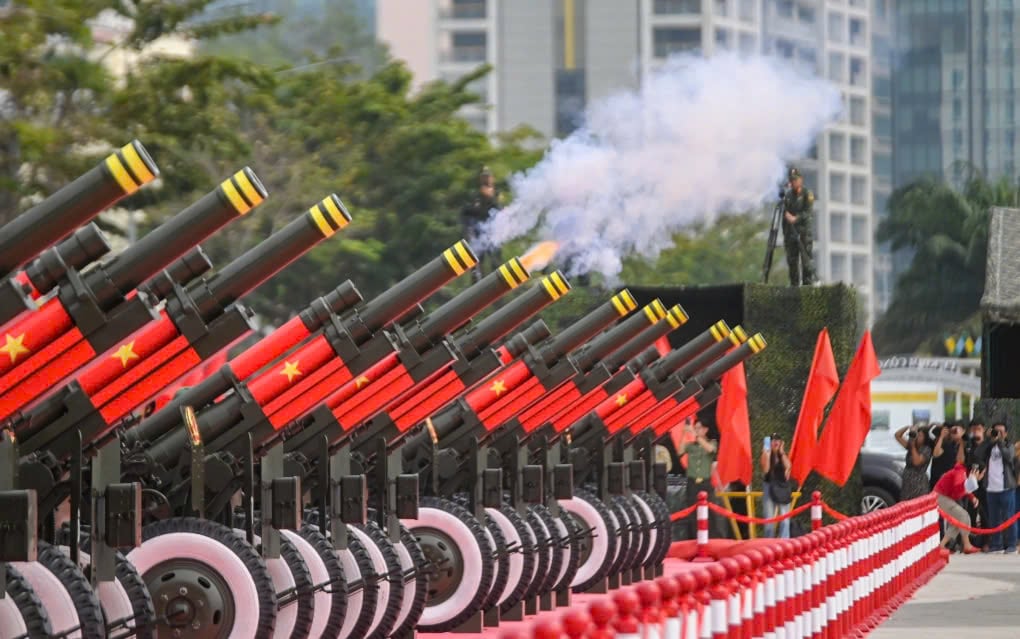





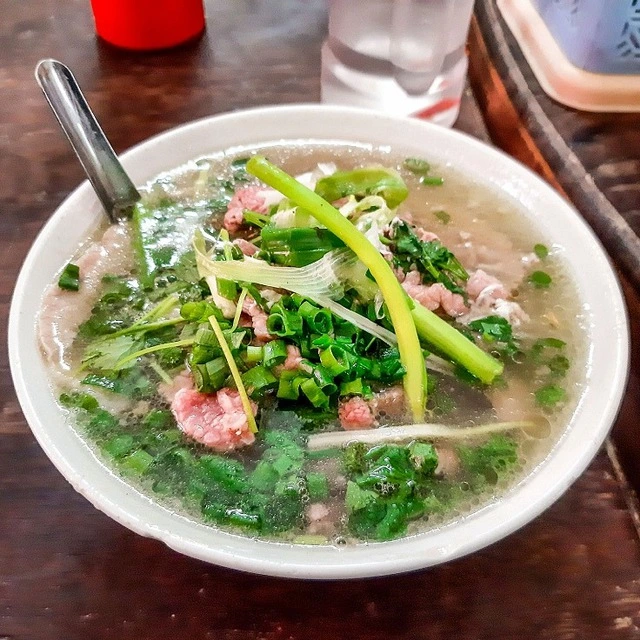





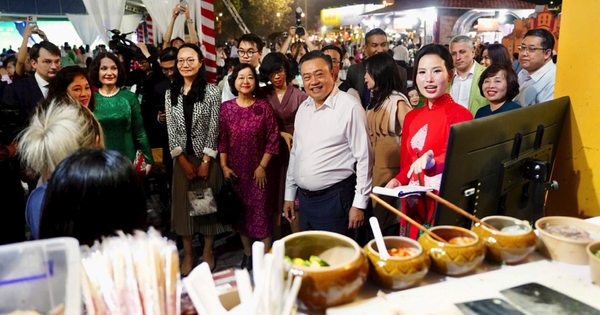
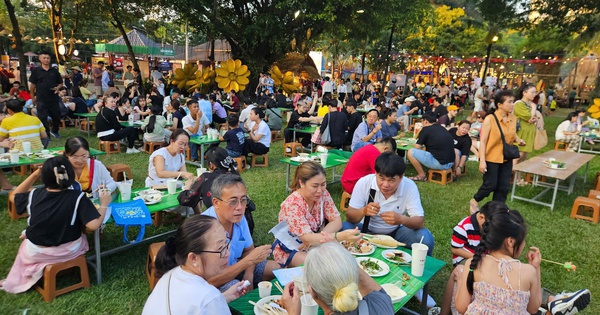
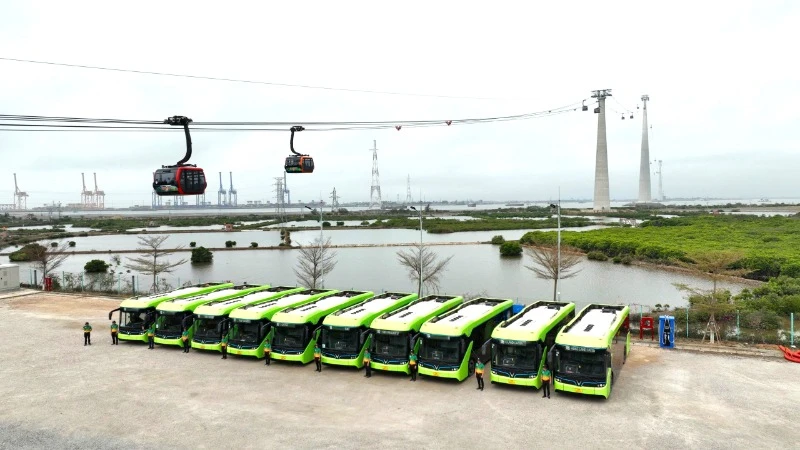


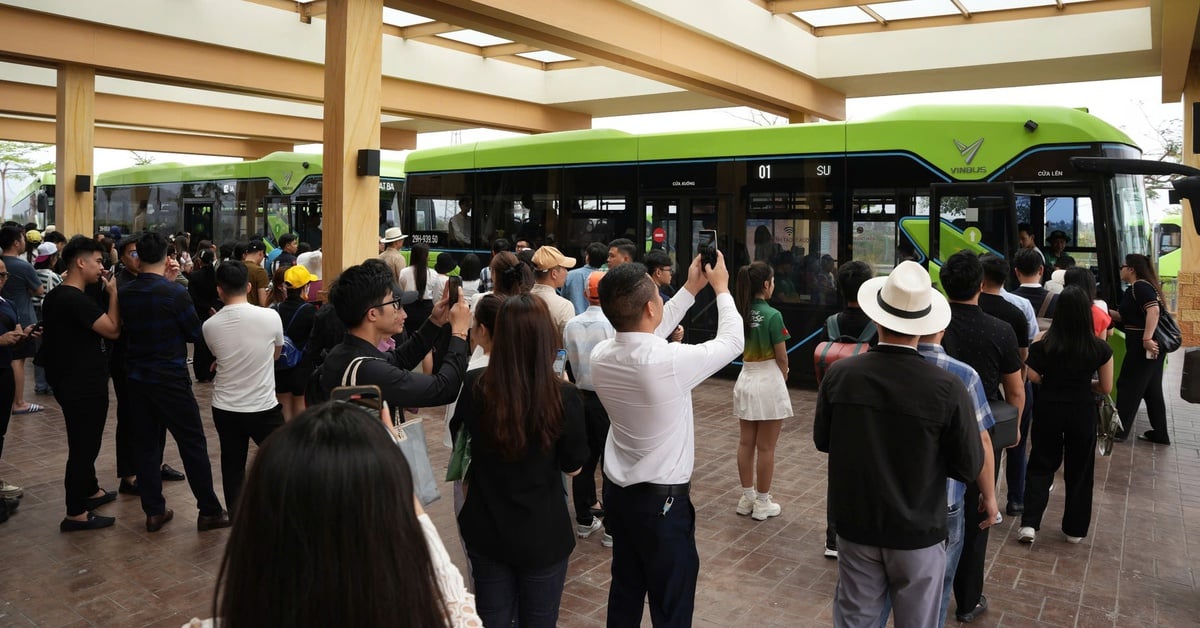

























































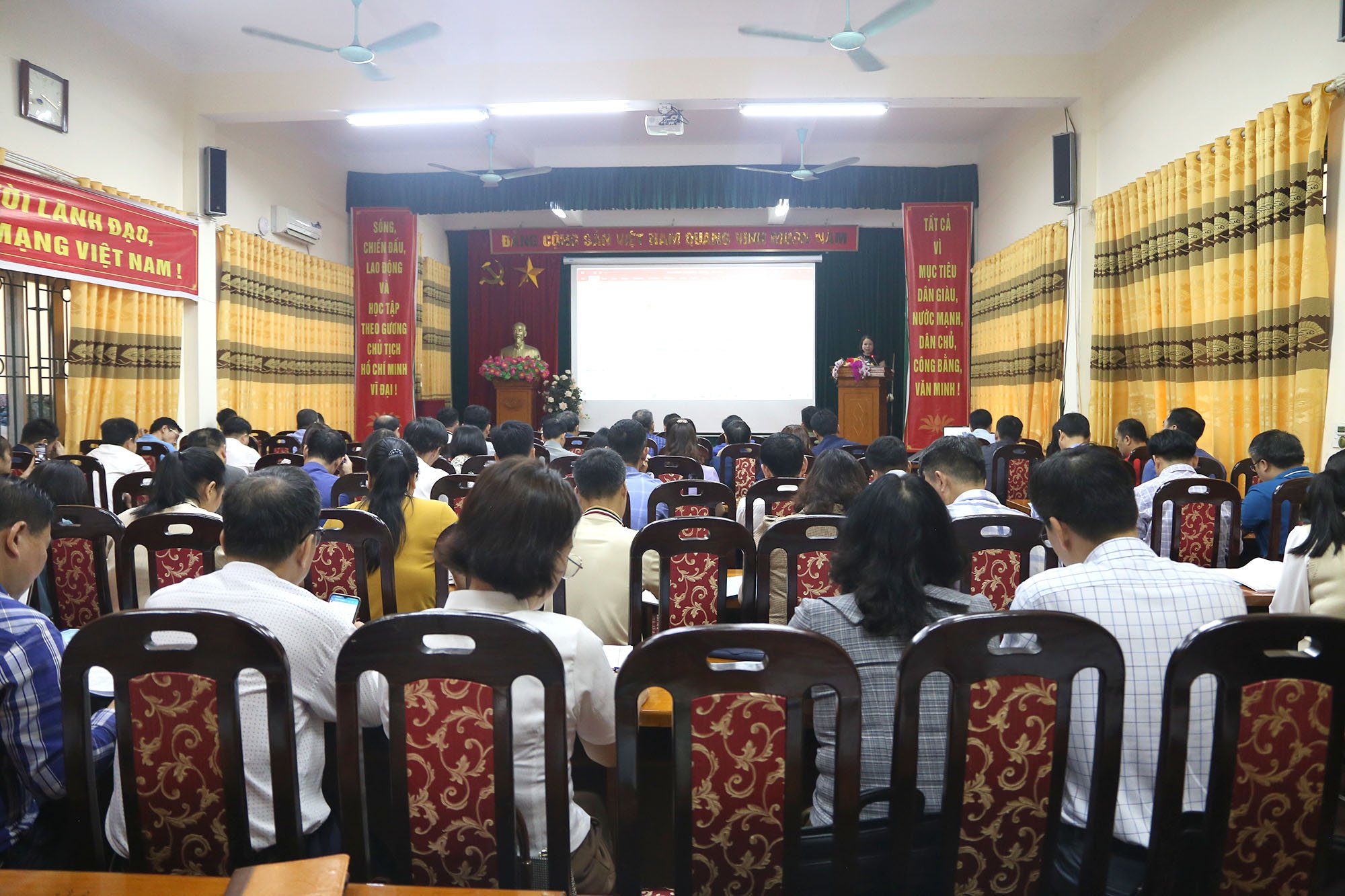
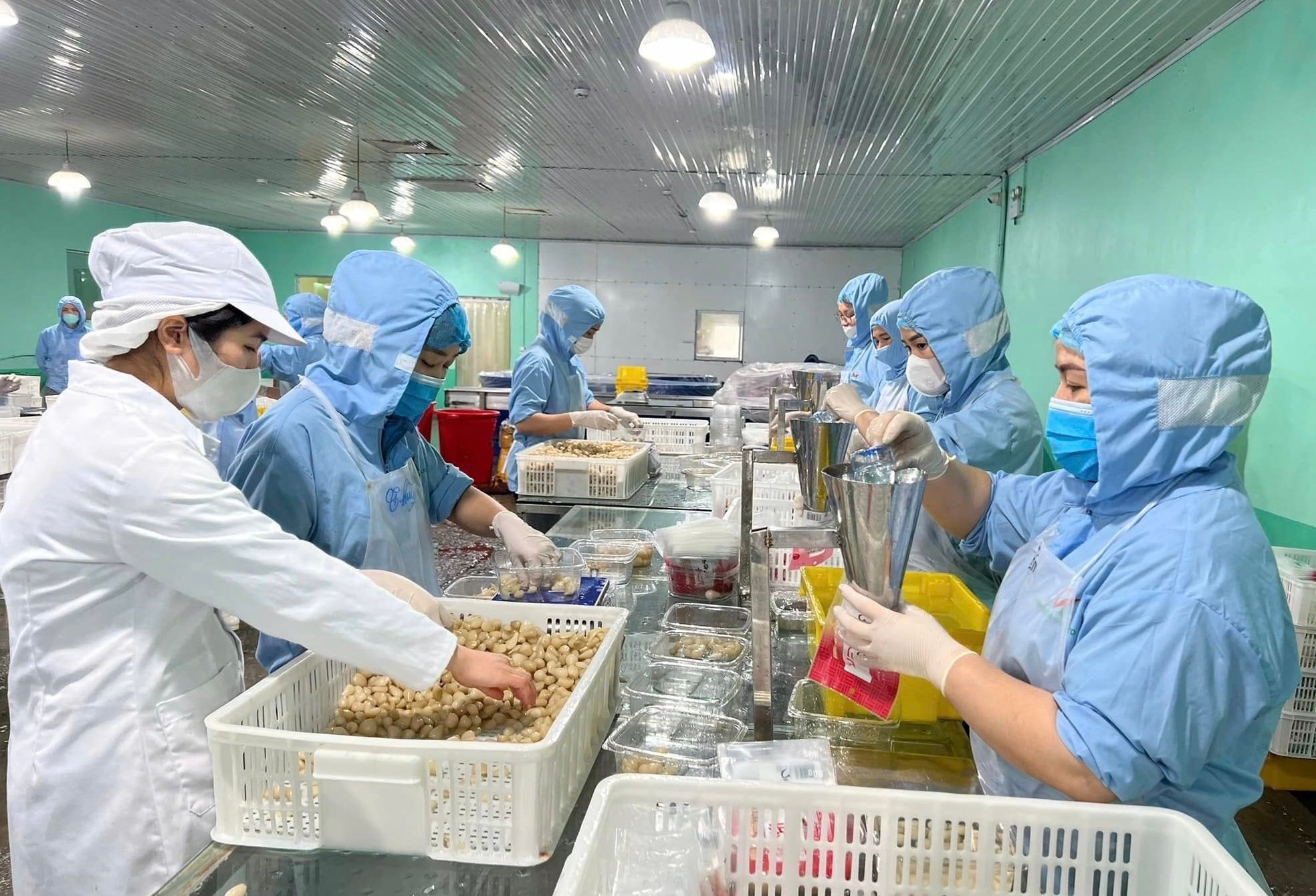
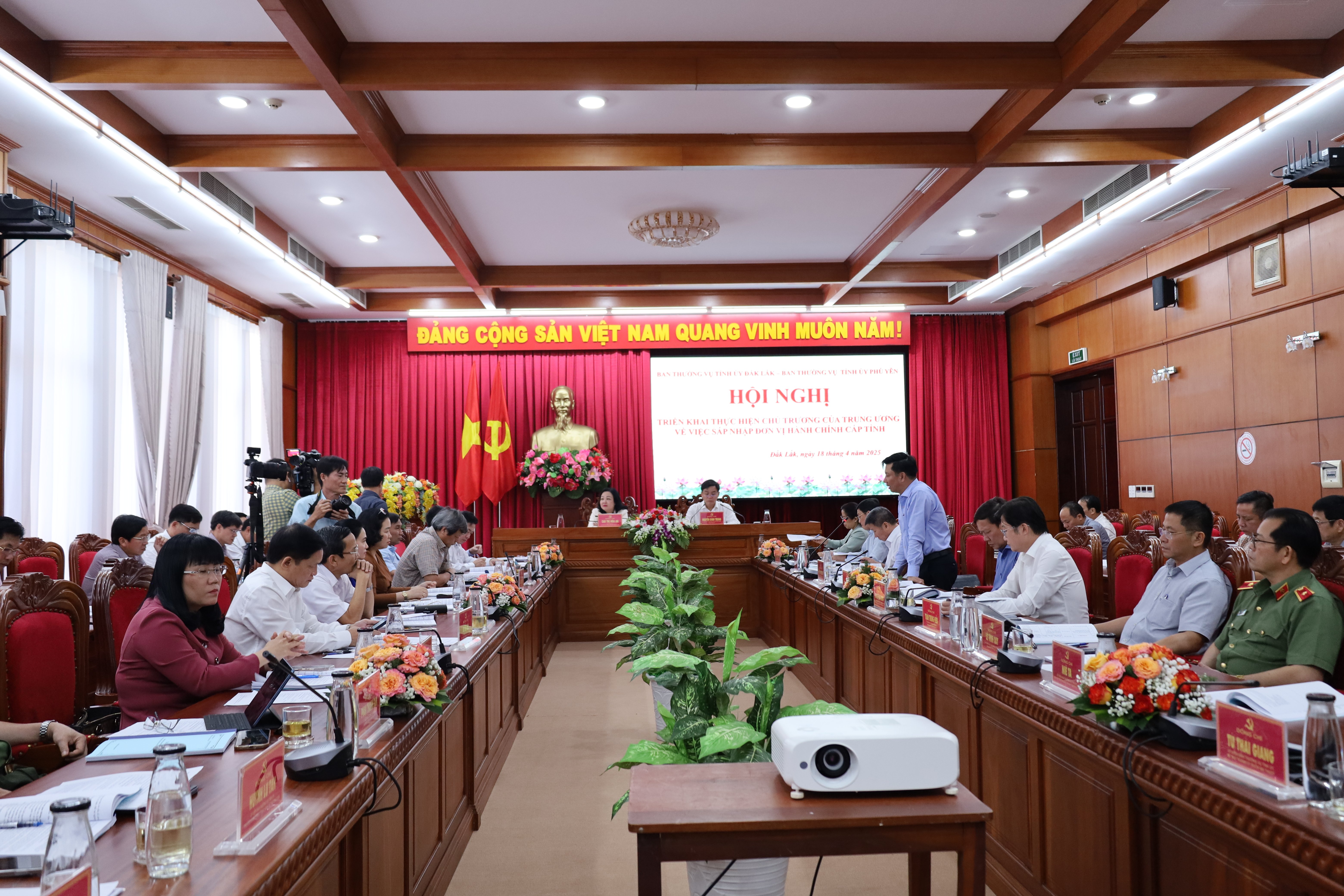











Comment (0)